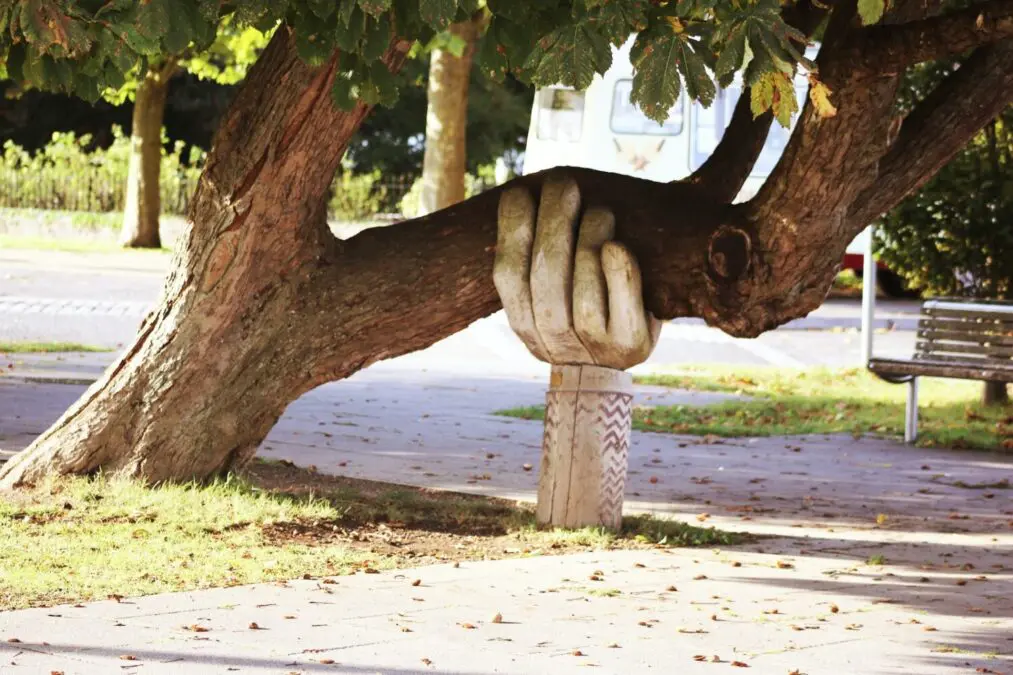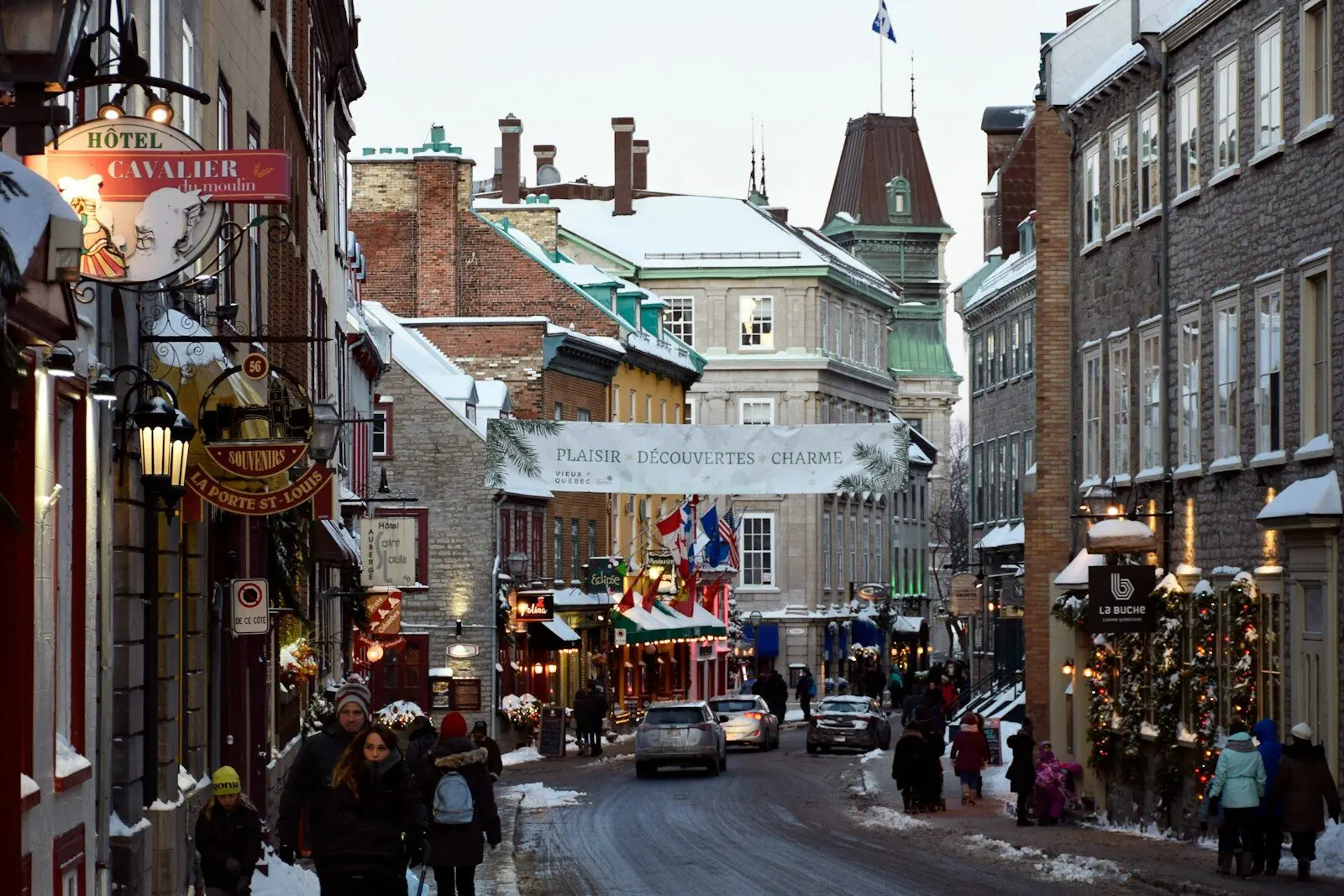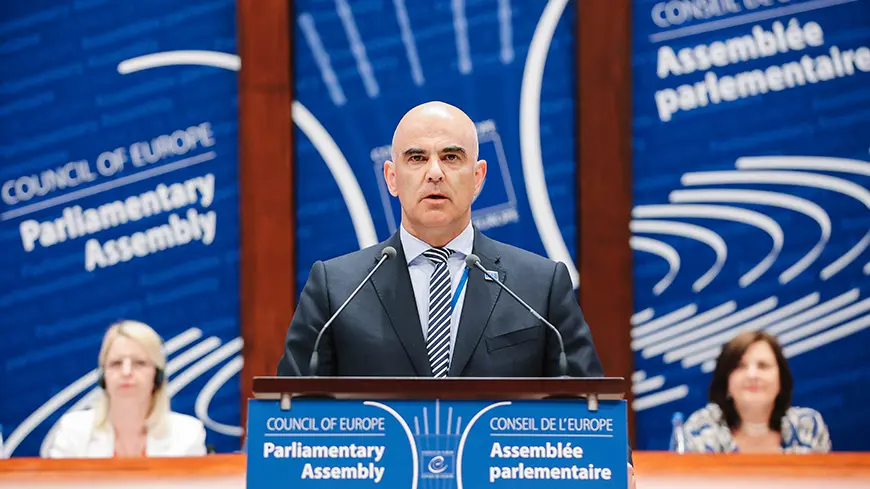In a comprehensive analysis of the social action of minority religious denominations in Spain, academics Sebastián Mora Rosado, Guillermo Fernández Maillo, José Antonio López-Ruiz and Agustín Blanco Martín, publish their revealing findings in volume 3, number 2 of “Cuestiones de Pluralismo” for the second half of 2023.
The article highlights that European society has undergone a profound transformation in its religious experience, despite the predictions of the sociologies of secularisation that predicted its demise. In this context, Spain faces unique challenges, marked by a persistent tendency to make religious diversity invisible. According to Díez de Velasco (2013), there is a deep-rooted perception that links religious diversity with foreignness and Catholicity with Spanishness.
The study, supported by the Pluralism and Coexistence Foundation, addresses the lack of public knowledge about the social action of non-Catholic religious denominations in Spain. Although some partial studies have been carried out, the research is presented as a pioneering initiative by providing a more complete vision of this social reality.
Within the framework of the research, the participation of confessions such as Buddhist, Evangelical, Bahá’í Faith, Church of Jesus Christ of Latter-day Saints, Church of Scientology, Jewish, Muslim, Orthodox, Jehovah’s Witnesses and Sikh is highlighted. The approach encompasses both quantitative and qualitative analyses to ‘map’ the social action of these faiths, examining resources, perceptions and intrinsic values.
One of the key findings is the low visibility of these social actions compared to other countries that have delved into similar analyses. The findings reveal that, in general terms, these denominations carry out their social work at the local level, with small structures and a strong involvement of volunteers. In addition, funding comes mainly from their own resources, with limited support from the public or private sector.
The article also highlights the complexity of the relationship between these denominations and public administrations. Although some denominations want specific recognition as religious entities in the field of social action, this could pose challenges in terms of secularism and freedom of conscience, as well as contradicting principles of equality in the allocation of public services.
The study underlines the importance of organised social action, focusing on basic assistance programmes and social promotion actions. It also highlights the peculiarity of the internal support that these denominations provide to their own followers, while at the same time maintaining an open commitment to those who do not share their beliefs.
One issue that hovers over the study is the perception that these social actions might be motivated by proselytising. However, focus group participants emphasise the separation between social action and proselytising, advocating the importance of attending to spiritual needs without engaging in invasive practices.
Finally, the authors conclude by pointing out the need to reverse the invisibilisation of these religious confessions and to encourage their collaboration with other public and third-sector social action entities. They consider that social action can be the privileged space to show the public and social dimension of these religious traditions, thus contributing to the construction of a post-secular, plural and democratic society. The task, although challenging, is perceived as essential to building a society where religious diversity is a real “reservoir of meaning” for citizenship.






